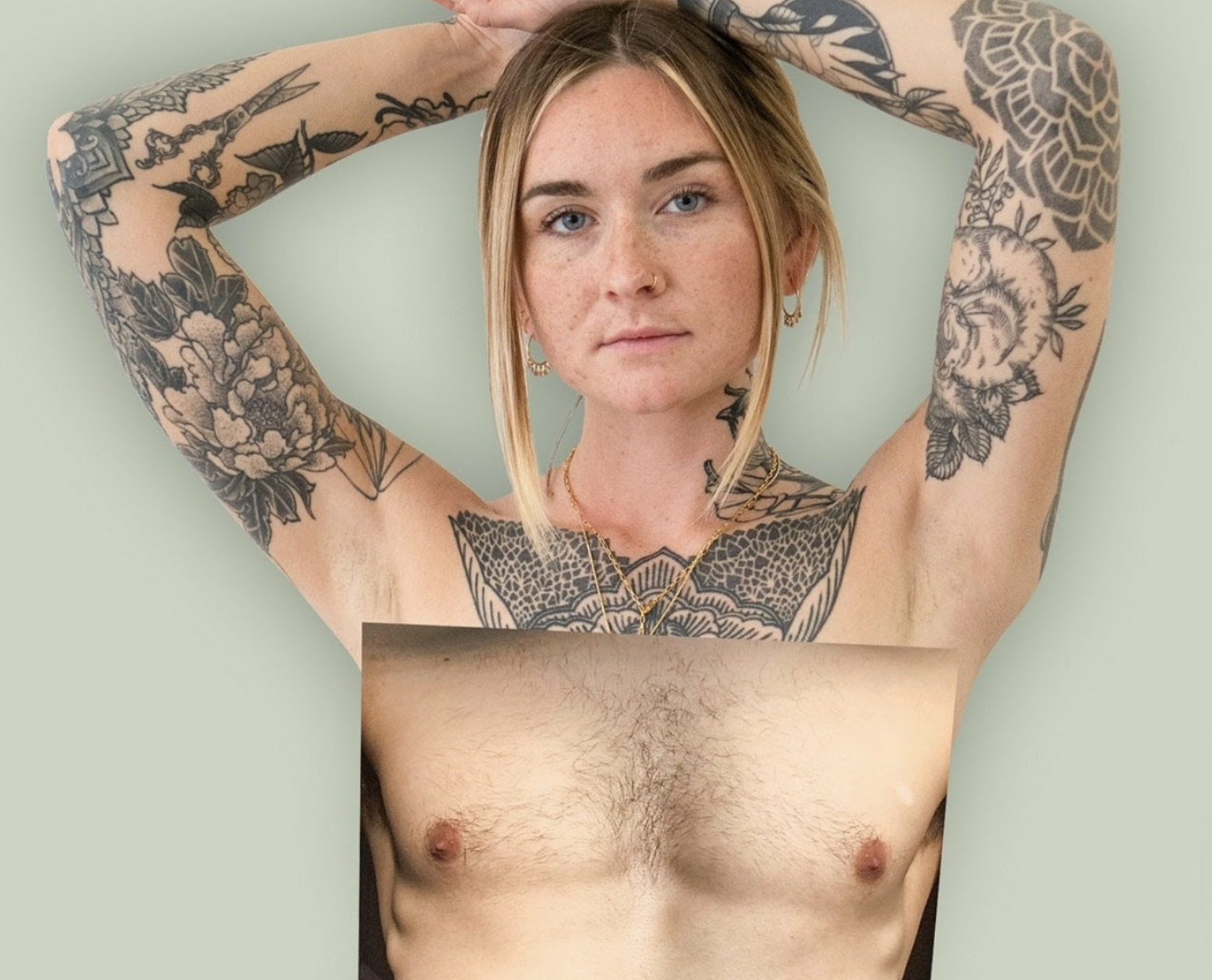Bernard Lane
Gender Clinic News
genderclinicnews.substack.com

The gist
Germany’s public broadcasters are pumping out unscientific messages about biological sex likely to confuse children and promote transgender medicalisation, according to an open letter campaign launched by 120 scientists, psychologists and educators.
“In TV programs, radio reports and on the social media channels of the public broadcaster, this [trans] hype is stoked, and the ‘way into the right body’ [medical transition] is portrayed as a child’s easy step,” the June 1 letter says.
Noting a 25-fold increase in youth gender dysphoria cases in Germany in less than a decade, the letter says “the possible, sometimes irreversible physical and psychological consequences of [medicalised gender change] are not described” in this media coverage.
“The reporting seeks to make the claims of queer/trans lobby groups heard, according to which one can change one’s biological sex by socially identifying as that sex,” the letter says.
It says confusion and ambiguity about sex and gender — the German word Geschlecht is normally understood to mean biological sex — serves a political agenda to enable the passage of a new law for self-identified sex in official records.
Germany’s government — known as the Traffic Light coalition after the colours of the Greens Party, the liberal Free Democratic Party (FDP) and the centre-left Social Democratic Party — is expected to release “key points” for the self-ID law on June 30, with the text itself expected after the northern summer break.
In May last year, three months before the federal elections which brought the Traffic Light coalition to power, draft laws for self-declared gender change were voted down, with one opponent citing the case of U.K. detransitioner Keira Bell.
“Even during the debate, proponents of [self-ID] pretended that the law does not affect the bodies of children,” a spokeswoman for the women’s group WDI Germany told GCN.
She said the draft laws from the Greens and the FDP, both then in opposition, would have allowed children from age 14 to change sex in official records.
“And in both drafts, children can decide to undergo treatment, even surgeries, starting from age 14,” she said. “They need parental approval but if they do not get it, a family court can give the approval.”
These two draft laws included a fine of up to €2,500 for referring to a person by biological sex — so-called “misgendering” — after a new gender identity had been officially recorded.
On the eve of the May 2021 vote, the journalist Thomas Thiel warned in the Frankfurter Allgemeine newspaper that these laws, particularly the Greens draft, would “make children the experimental field of the pharmaceutical industry and ideological interests, the consequences of which they will sometimes suffer for the rest of their lives”.
It was, Thiel said, “a coordinated attack on medical ethics”.
The policy agreement for the Traffic Light coalition commits Germany’s government to enact gender self-ID (Selbstbestimmungsgesetz).
The 1981 Transsexual Law (Transsexuellengesetz) would be repealed. This law requires independent assessment by two court-appointed psychotherapists before a person can register a new opposite-sex identity. Trans activists say this is unnecessary and involves costly delay and humiliating personal inquiries.
The Greens draft law spoke of a “right to self-determination in health services”, such as hormonal treatment and sex reassignment, and bracketed together the two distinct categories of trans people and those with “intersex” medical conditions involving disorders of sex development (DSDs).
There is disagreement and speculation about these rejected draft laws, and their likely influence on the coalition government’s approach to self-ID, which is presented as an enlightened reform long overdue.
Critics of the self-ID campaign say it exploits DSDs to strengthen trans rights claims; ignores obvious risks to the interests of women and children; attributes adult-like autonomy and self-determination to children with limited capacity to consent; and promotes the idea of a right to medical intervention at the expense of the need for psychological self-reflection.
The WDI spokeswoman said the strongest opposition to self-ID came from the populist right-wing party Alternative for Germany, which did not have much power, while the centre-right Christian Democratic Union could be unreliable or uninformed on this issue.
Dr Alexander Korte, a child and adolescent psychiatrist who has treated youth gender dysphoria since 2004, has warned that the shift to self-ID will bring “problematic effects”, especially for young people.
“Society can no longer tiptoe around the fact that the number of opposite sex-identifying minors has increased dramatically in recent years and that the vast majority (more than 80 per cent) are biological girls, mostly in the context of a pubertal crisis [with] the often erroneous assumption that they are ‘of the wrong sex’,” Dr Korte wrote this month in the national newspaper Di Welt.
He attributed this crisis to “the pressure of expectation of a rigid gender role model”, and added that, given “prevailing ideals of beauty and slimness, [these girls] have greater difficulties in accepting their body, which changes as a result of puberty”.
Dr Korte, a senior physician at the Ludwig Maximilians University in Munich, said trans ideology appeared to be “hostile to homosexuality” and its focus on gender stereotypes was promoting “a retraditionalising of gender roles”.
“In the case of many underage patients who attribute their major psychological problems to ‘living in the wrong body’, the analysis shows completely different reasons, often suppressed homosexuality, for example. We can help those affected to recognise and admit their homosexuality and to lead a self-determined, sexually fulfilling life.”
Video: Scientist Ilse Jacobsen on gender ideology and public media in Germany, courtesy of WDI

